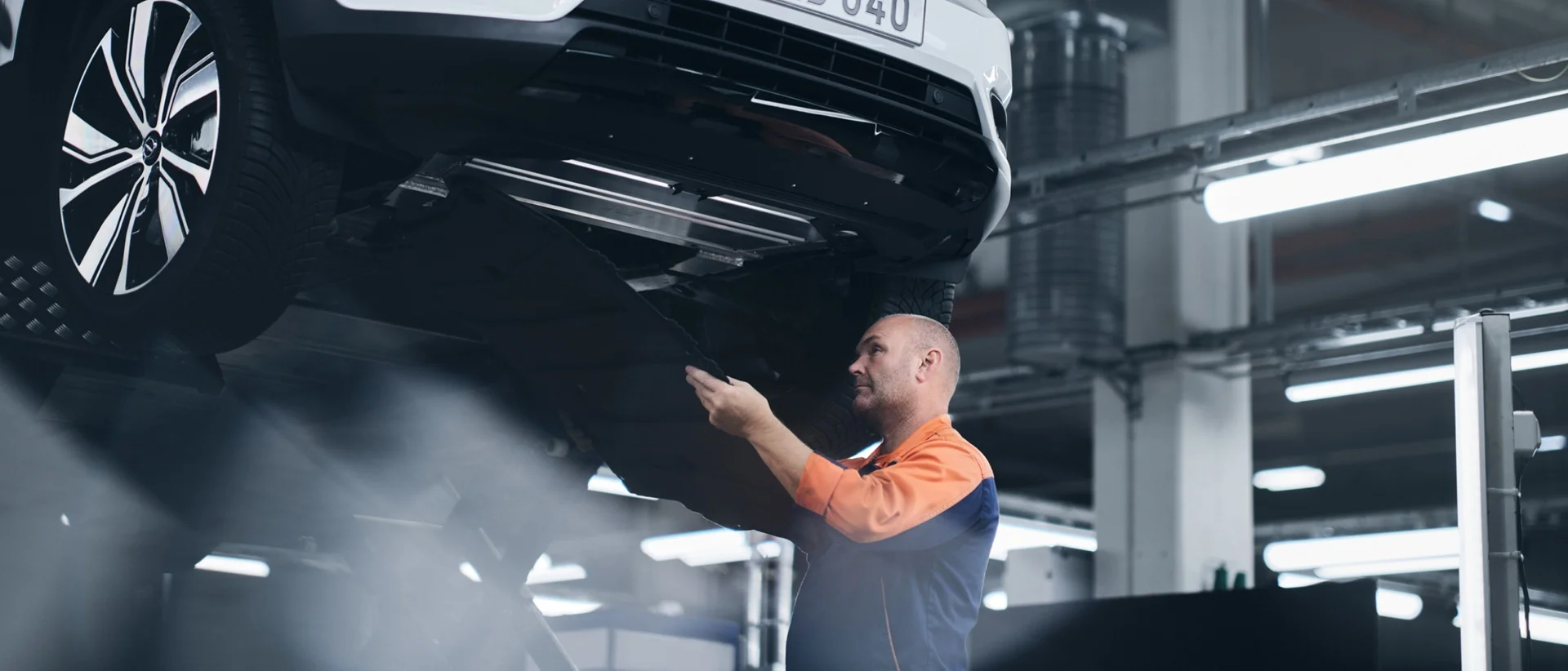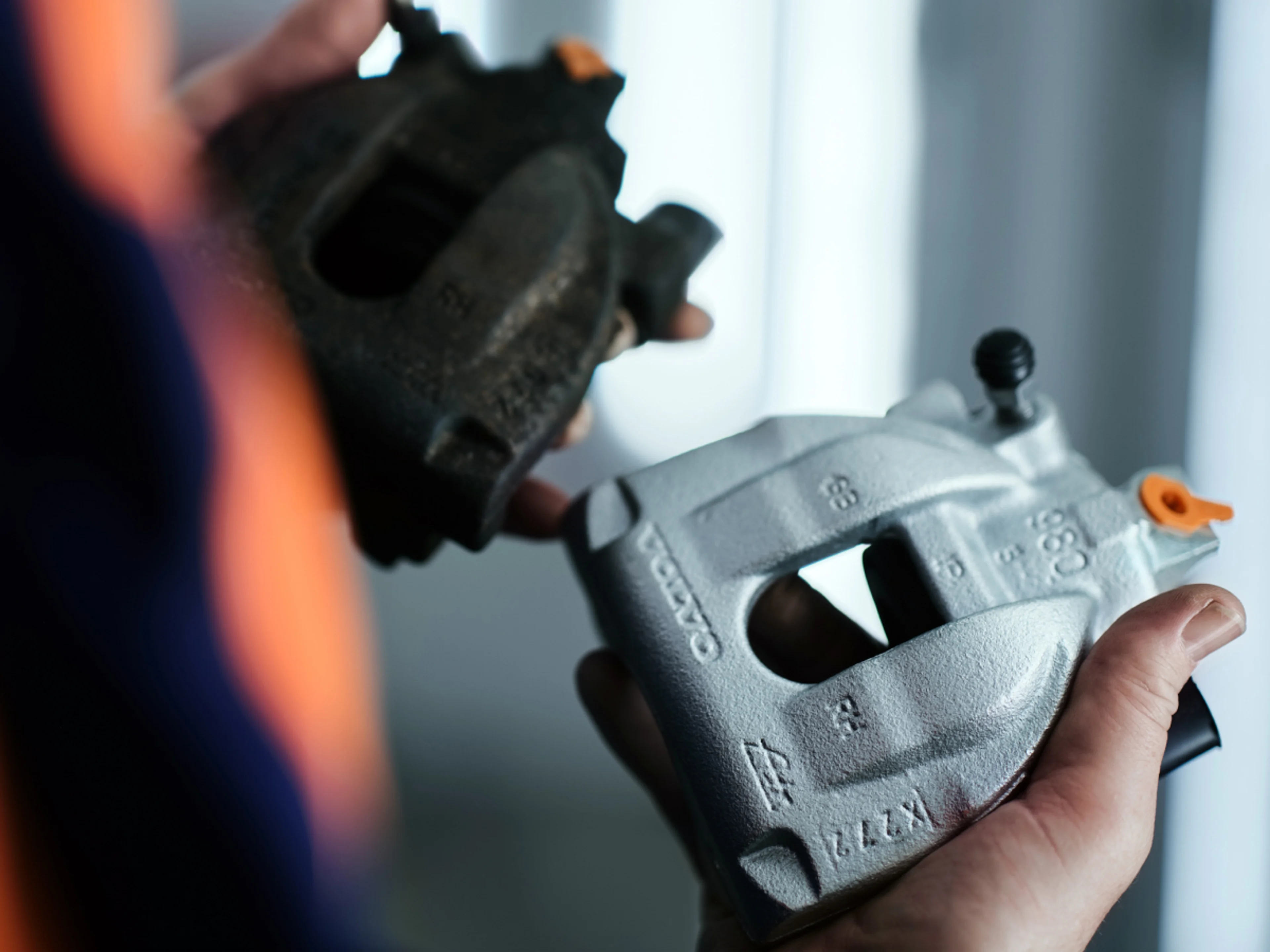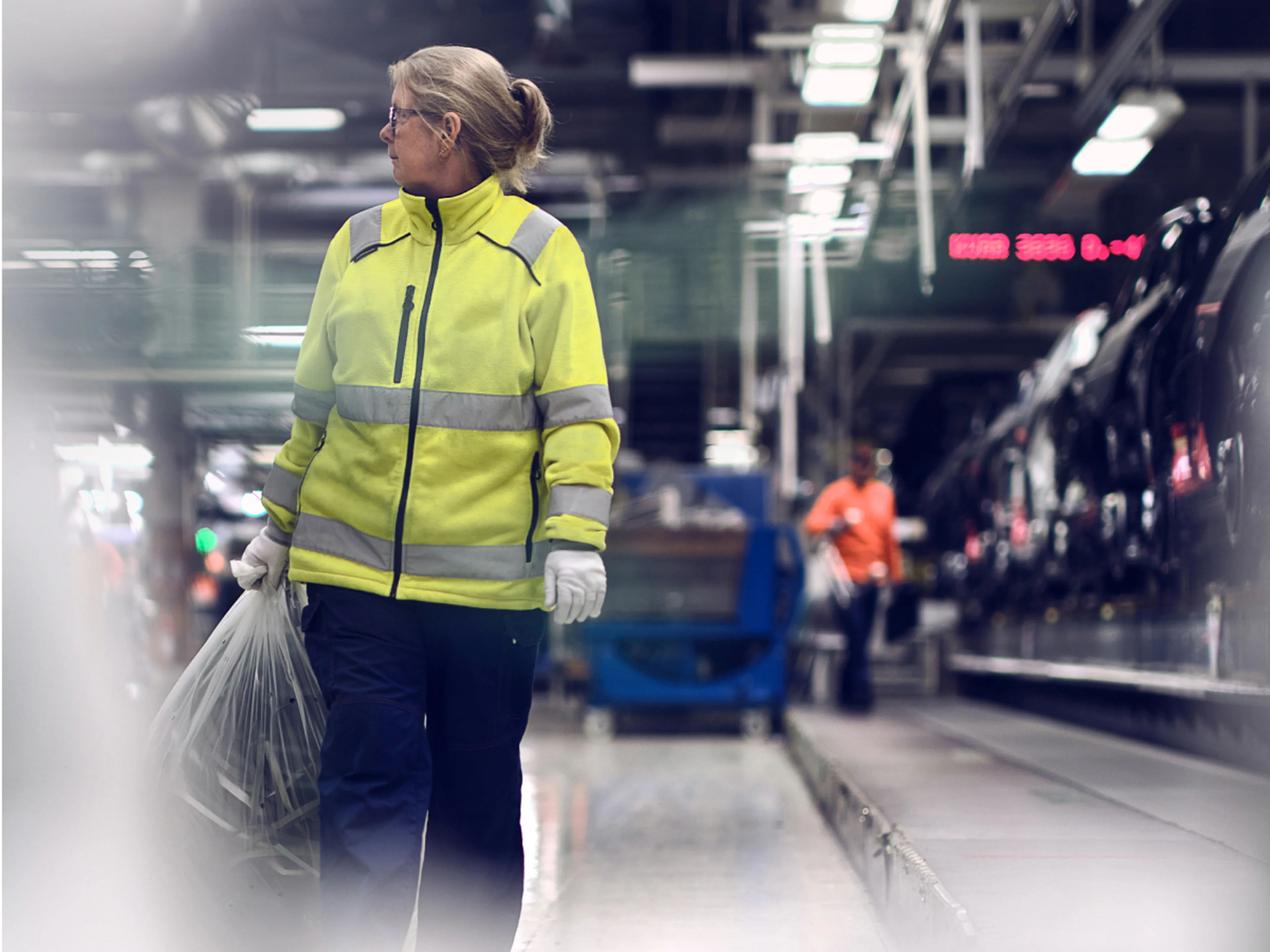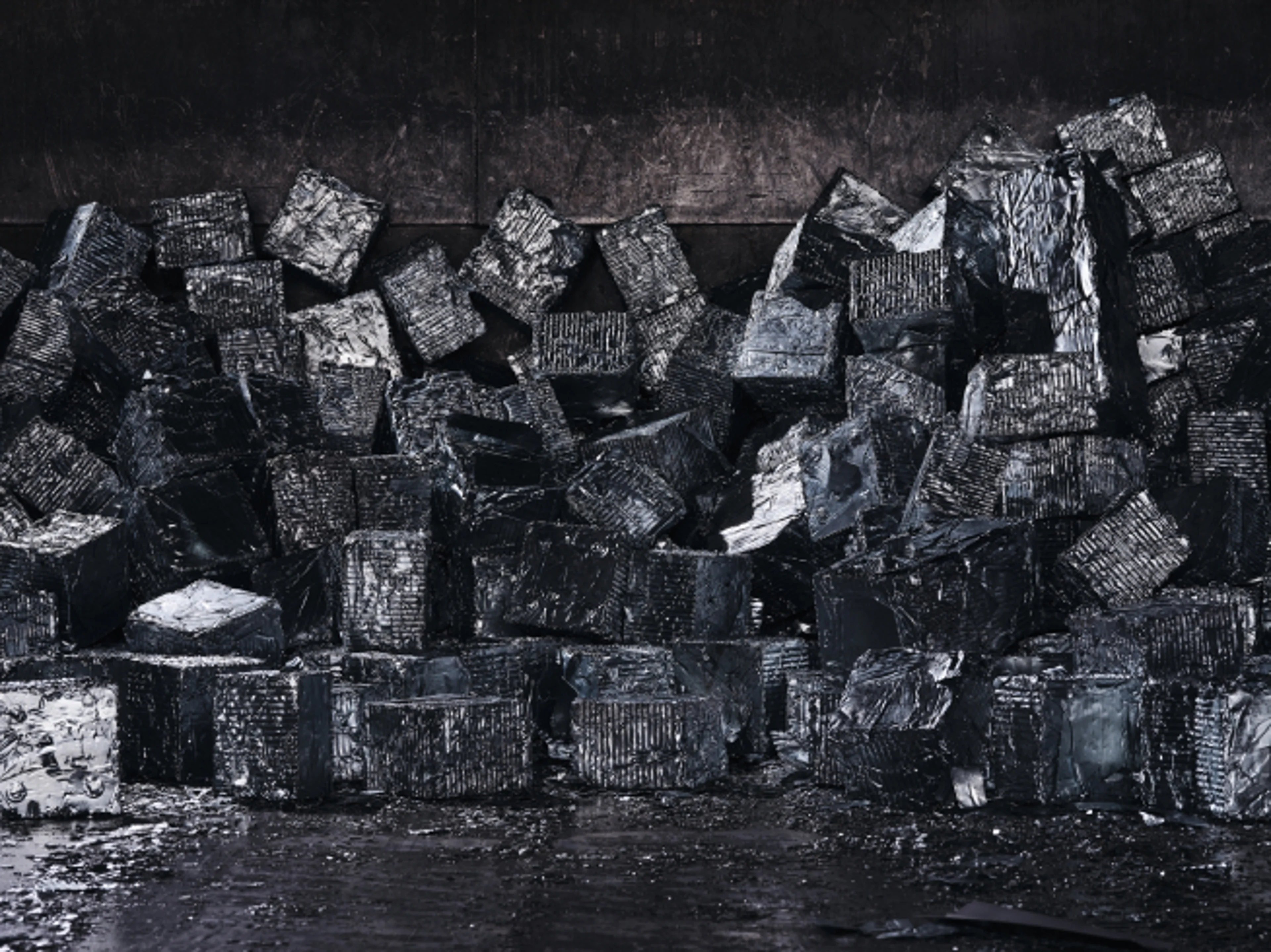
The world’s natural resources are limited. So we’re aiming to become a circular business by 2040– maximising resource efficiency and making better use of material and components. We’re focussed on eliminating waste, making greater use of recycled material, and remanufacturing and reusing of parts.

Anders Kärrberg, Volvo Cars head of global sustainability
Our ambition is to be a circular business by 2040. To get there we have to act now, so we’ve already begun mapping out how, by 2025, we can save costs of SEK 1 billion and reduce emissions by 2.5 million tonnes – all through circularity. Circularity is a complex topic, so we encourage you to watch this film to see what it means for our future here at Volvo Cars.
Design for circularity
Most companies (and people) still participate in a linear economy – you take raw material, make a product, use it, and in the end, throw it out as waste. A circular economy avoids this because absolutely everything gets used – then re-used or recycled.
Design is critical. From the start, products must be created with the intention of being used again, either by us or our suppliers. The products retain their value over time. We make the best use of our resources and eliminate waste.

Recycled materials
One of our circular economy ambitions is to significantly increase the share of recycled and bio-based materials in our cars by 2025.
Ambitions for 2025
Recycled and bio-based plastics
Recycled aluminium
Recycled steel

Compared to producing new parts, remanufactured parts use around 85 per cent less raw material and 80 per cent less energy. We currently remanufacture 36 different component groups, including engines, gearboxes, turbo compressors and clutches.

In 2020, 95 per cent of our global production waste was recycled – so we avoided creating additional carbon emissions and were able to keep valuable material in circulation. This also reduced the amount of virgin material needed.
Recycling
Steel is the most common waste we recycle. In 2020, we recycled more than 176,000 tonnes, avoiding the generation of nearly 640,000 tonnes of CO2.

Our position
Our ambition to be a climate neutral company by 2040 will create many challenges and we want to be transparent throughout this transformation. We want to act responsibly and we want anyone interested in what’s happening here at Volvo Cars to be able to explore our progress and know what we stand for.
You're welcome to access the below resources to learn more about how we approach our responsibilities.